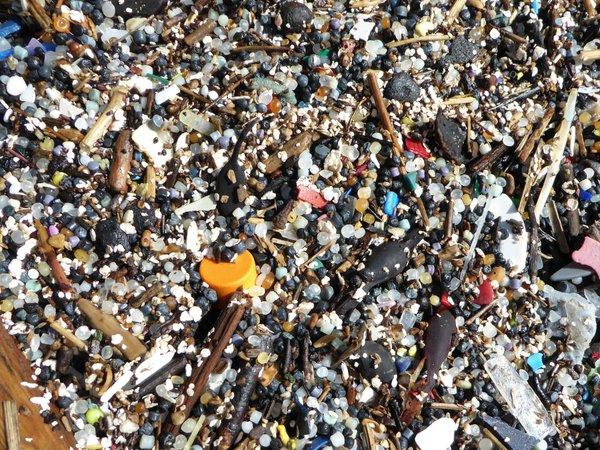For years, fish have been feeding on tiny pieces of plastic in the ocean, mistaking them for food.
These “microplastics,” sometimes thinner than human hair, are now in 85–90 percent of some fish populations, albeit in relatively small quantities, says Richard Thompson, a marine biology professor at Plymouth University.
We humans then eat the fish.
Thompson, who has been studying the effects of plastic waste in the oceans for over 20 years, said the direct harm of microplastics to humans is not yet known.
“Scientific understanding of the harm is in its infancy,” Thompson said.
And this should worry us, some experts say.
In 2014, researchers bought dozens of fish from markets in California and Indonesia.
One in 10 Californian fish had plastic in it. One in four from Indonesia did.
And a study last month projected that by 2050 there will be more plastic than fish in the world’s oceans.
Scientists are researching the harmful effects of chemical additives in plastics and what happens when they leach—such as heavy metals (linked to kidney, lung, and brain damage), bisphenol A (linked to damaging brain and behavior development in children), and phthalates (linked to hindered development of male features in boys).
Scientists also found that microplastics act like a sponge and absorb other chemical pollution already found in the water, such as DDT, a pesticide linked to reproductive system damage that was banned in the United States 40 years ago but is still used in some countries, such as China.






